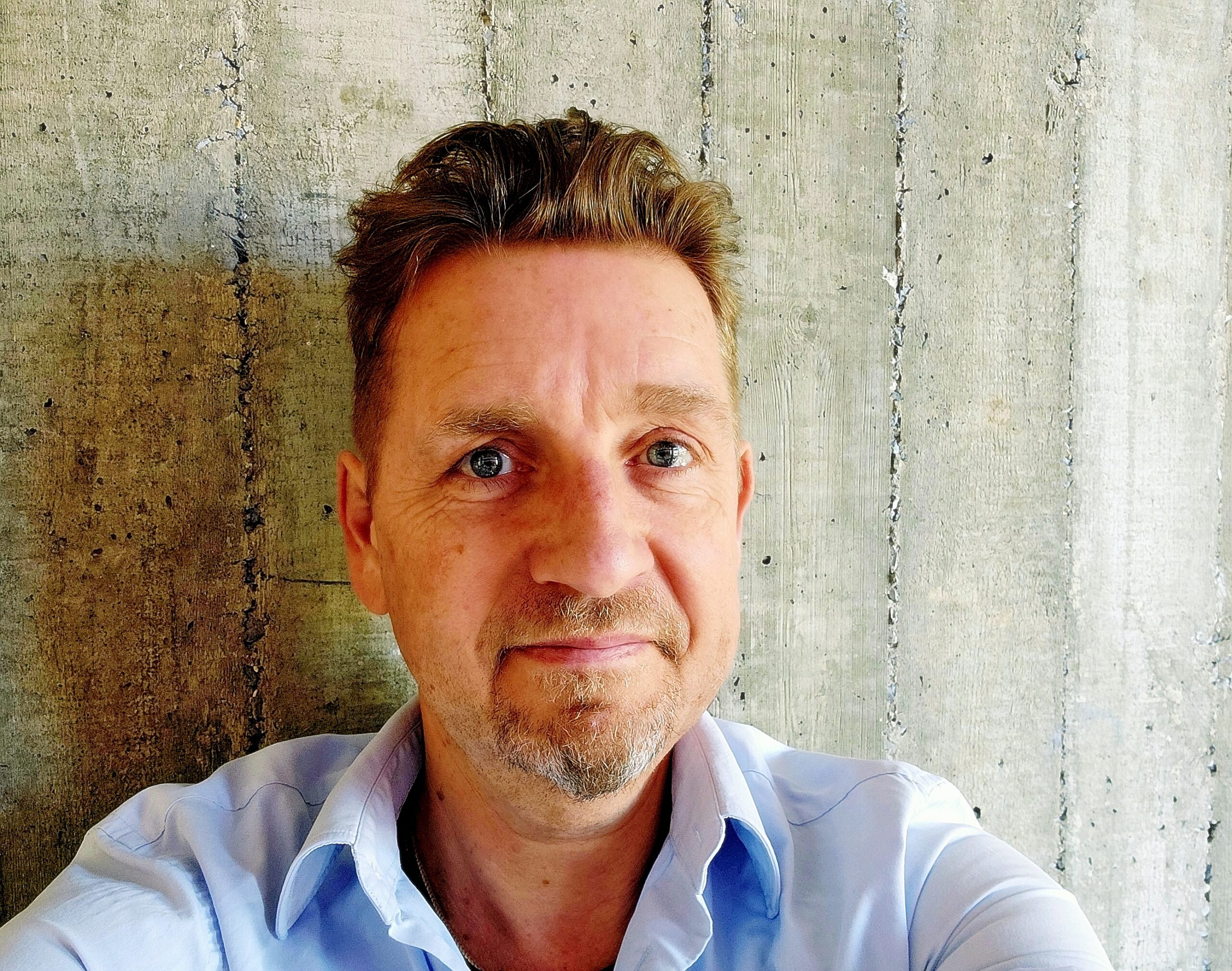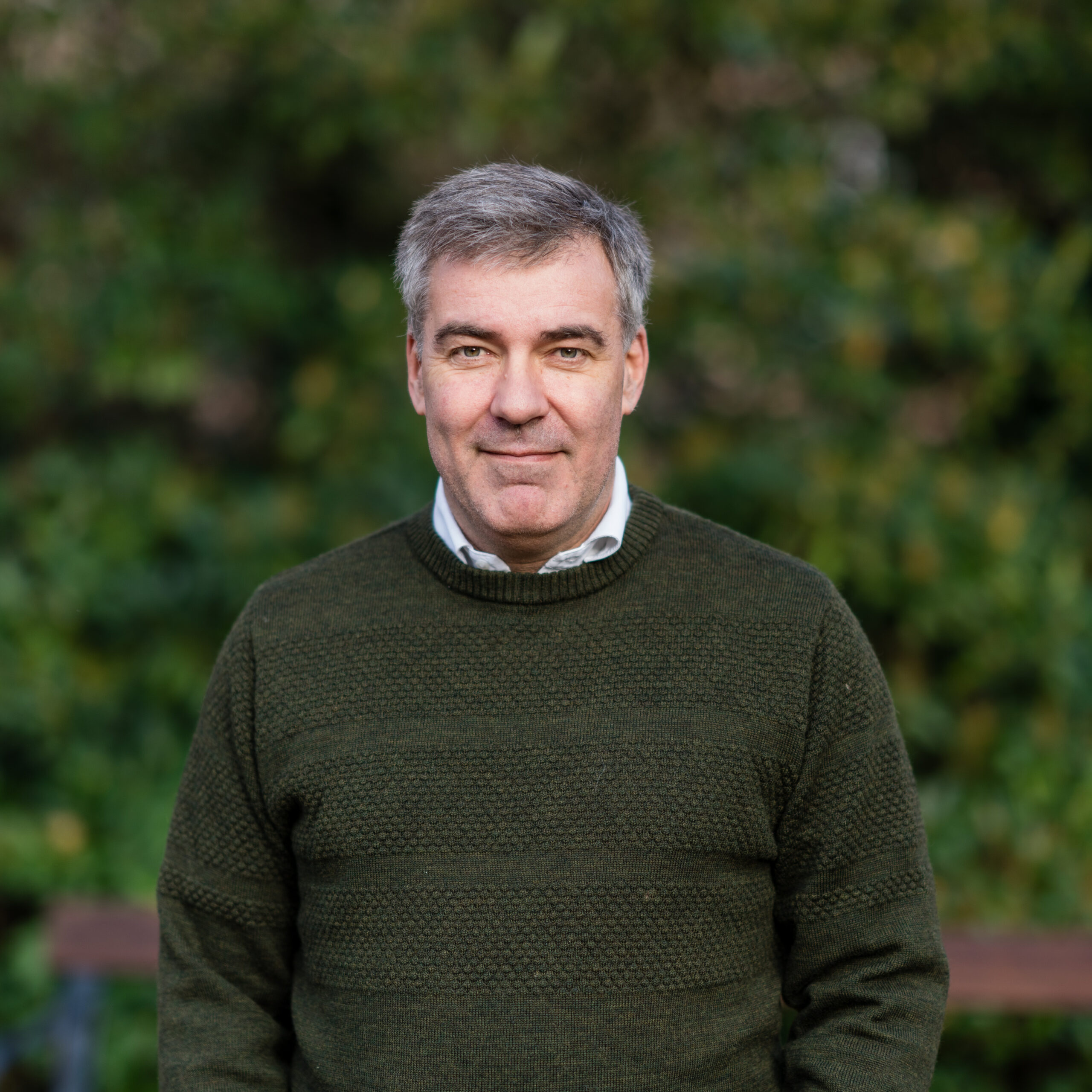The most talked about foreign country of the US primary season so far has not been Putin’s belligerent Russia or the populous and increasingly powerful China. Intriguingly, and somewhat bizarrely, it has been Denmark, with its unassuming nature and 5.5 million inhabitants.
Sanders and socialism
The interest in Denmark follows the ongoing success of Bernie Sanders, who is running as a Democrat but has governed Vermont as an independent and is a self-appointed ‘democratic socialist’ (an unusual title in a primarily libertarian country).
When asked to describe what this description means, Sanders often refers to Scandinavia – and primarily Denmark – to demonstrate how a socialist system works in practice. This has, in turn, drawn the ire of the (centre right) Venstre prime minister, Lars Løkke Rasmussen, who countered that Denmark is a “successful market economy”.
Depends on definition
Who is right effectively depends upon your definition of socialist. Sanders is referring specifically to certain key points that illustrate how the state is much more active in Denmark than in the US: higher education is free (and students typically receive generous grants); a taxpayer-funded health system exists; and there is much more public involvement in infrastructure projects. These are all things Sanders would like to see in the US.
Nobody in Denmark disputes the above, but most would argue this does not equate with socialism.
A supportive model
In fact, the modern Danish economic model allows business to leverage off public investments – by having easy access to markets through excellent infrastructure; by having well-educated and multilingual workers able to add value to employers; and by having productive and healthy workers through an efficient health system.
None of this means that a normal market economy does not exist; it simply means that Danish companies can be more competitive against others – a fact borne out by Denmark’s balance of payment surplus. The fact that this may be seen in the US as ‘socialist’ says more about the predominant laissez faire ideology there than anything else.
The next question is whether Denmark’s health and education systems are working as efficiently as they could, but that will have to wait until a new article.
















